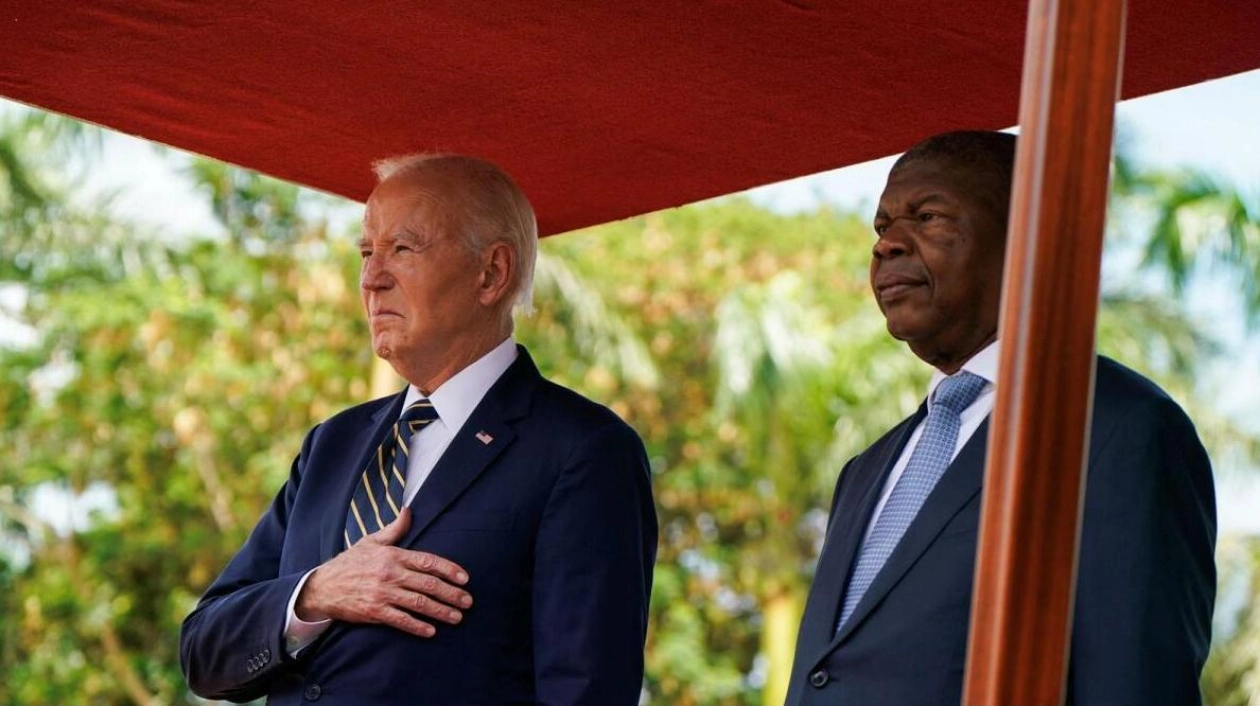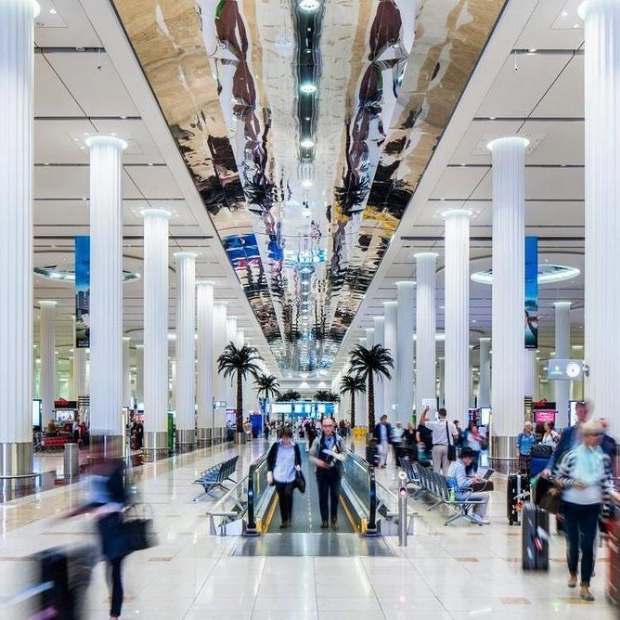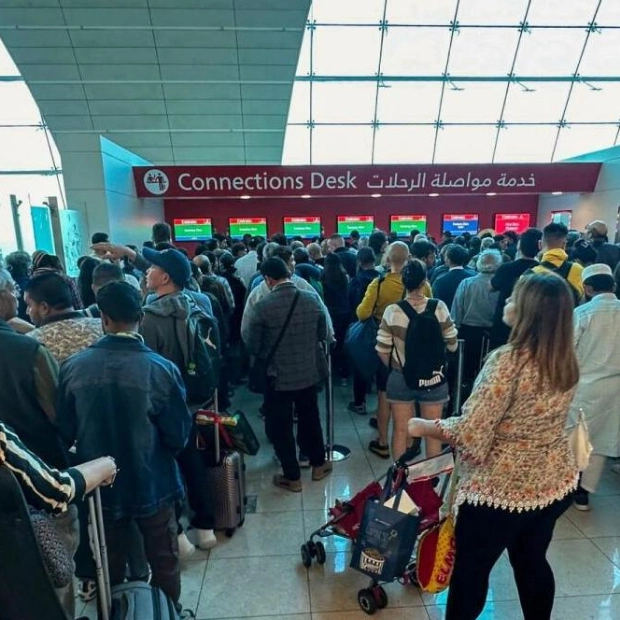US President Joe Biden arrived in Angola on Tuesday for his first and only visit to sub-Saharan Africa during his presidency. This trip is centered around a significant infrastructure project aimed at countering China's investments in the region.
Biden's visit to the oil-rich, Portuguese-speaking nation began on Monday evening and will last for two days. The focal point of his trip is a multinational initiative to restore a railway line that transports minerals from inland countries to the Angolan port of Lobito for export.
In preparation for Biden's arrival, the Angolan government declared December 3 and 4 as public holidays and implemented extensive security measures across the capital, Luanda, which is home to approximately 9.5 million people.
On Tuesday, Biden will hold talks with Angolan President Joao Lourenco in Luanda and later deliver remarks at the National Slavery Museum. On Wednesday, he is scheduled to travel to Lobito, an Atlantic port city located about 500 km south of Luanda.
The Lobito Corridor project, which has received funding from the United States, the European Union, and other entities, aims to rehabilitate a crucial railway connecting the mineral-rich countries of the Democratic Republic of Congo (DRC) and Zambia to Lobito, facilitating their export.
John Kirby, the White House national security communications advisor, described the project as a "real game changer for US engagement in Africa." He expressed hope that the incoming administration would recognize its value in promoting a more secure, prosperous, and economically stable continent.
The Lobito project is part of the geopolitical rivalry between the United States and its allies against China, which has significant investments in the region, including mines in the DRC and Zambia. A similar railway project involving Chinese investment aims to transport minerals through a Tanzanian port on the Indian Ocean.
A senior US official stated that African governments are seeking alternatives to Chinese investment, particularly due to the long-term debt burden it often imposes. For instance, Angola owes China $17 billion, which constitutes about 40 percent of the nation's total debt.
President Lourenco appears to be seeking to diversify Angola's partnerships beyond China and Russia. Kirby emphasized that the US is not asking countries to choose sides but is instead seeking reliable, sustainable, and verifiable investment opportunities.
Human rights organizations have called on Biden to address Angola's human rights record. Amnesty International reported that Angolan police had killed at least 17 protesters between November 2020 and June 2023, urging Biden to demand the release of five government critics arbitrarily detained for over a year.
Angola, a country of 37 million people, was ravaged by a 27-year civil war following its independence from Portugal in 1975. During the Cold War, the United States covertly supported the UNITA rebel movement before recognizing the MPLA government in 1993 and becoming an importer of its oil.
Source link: https://www.khaleejtimes.com






